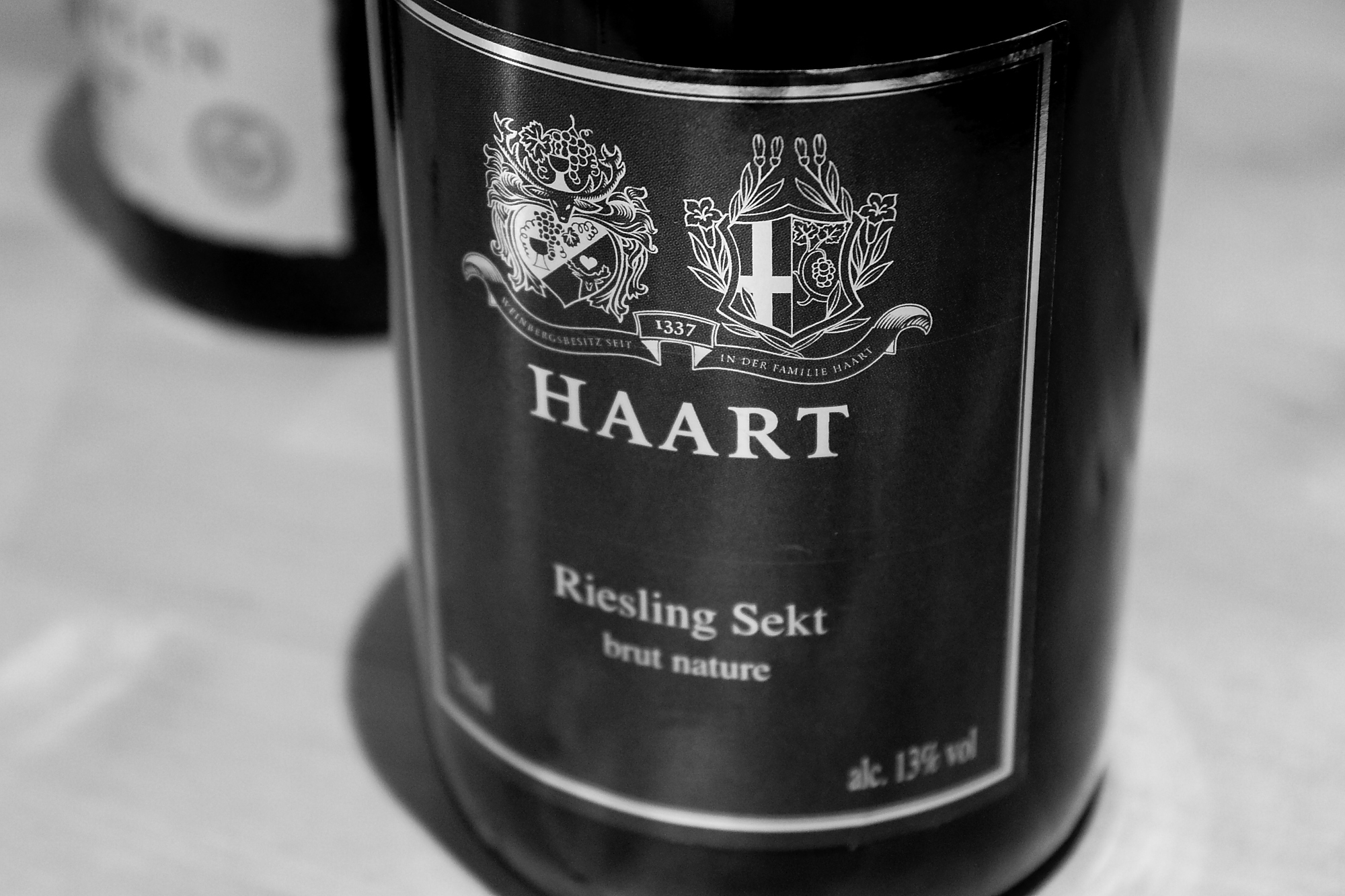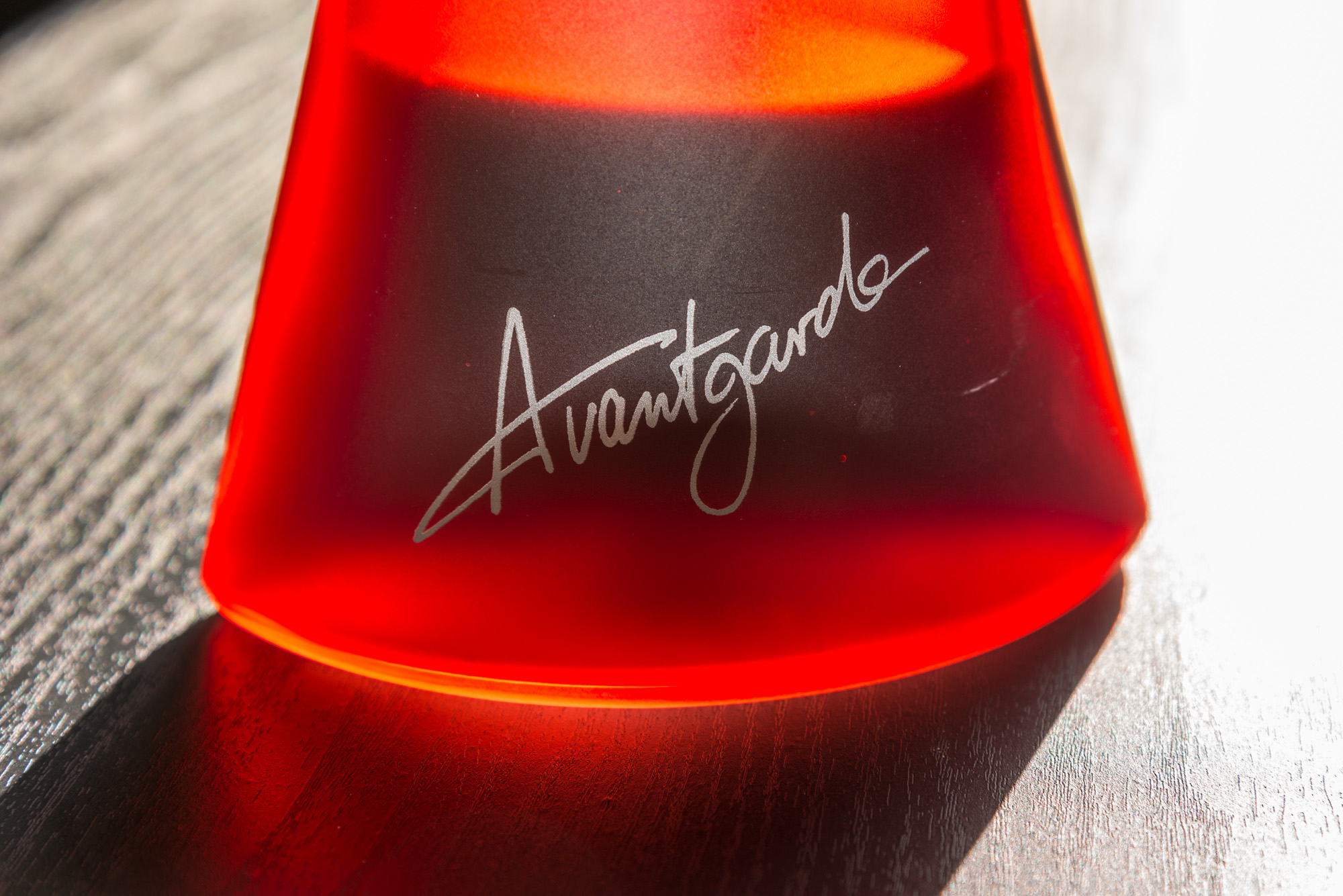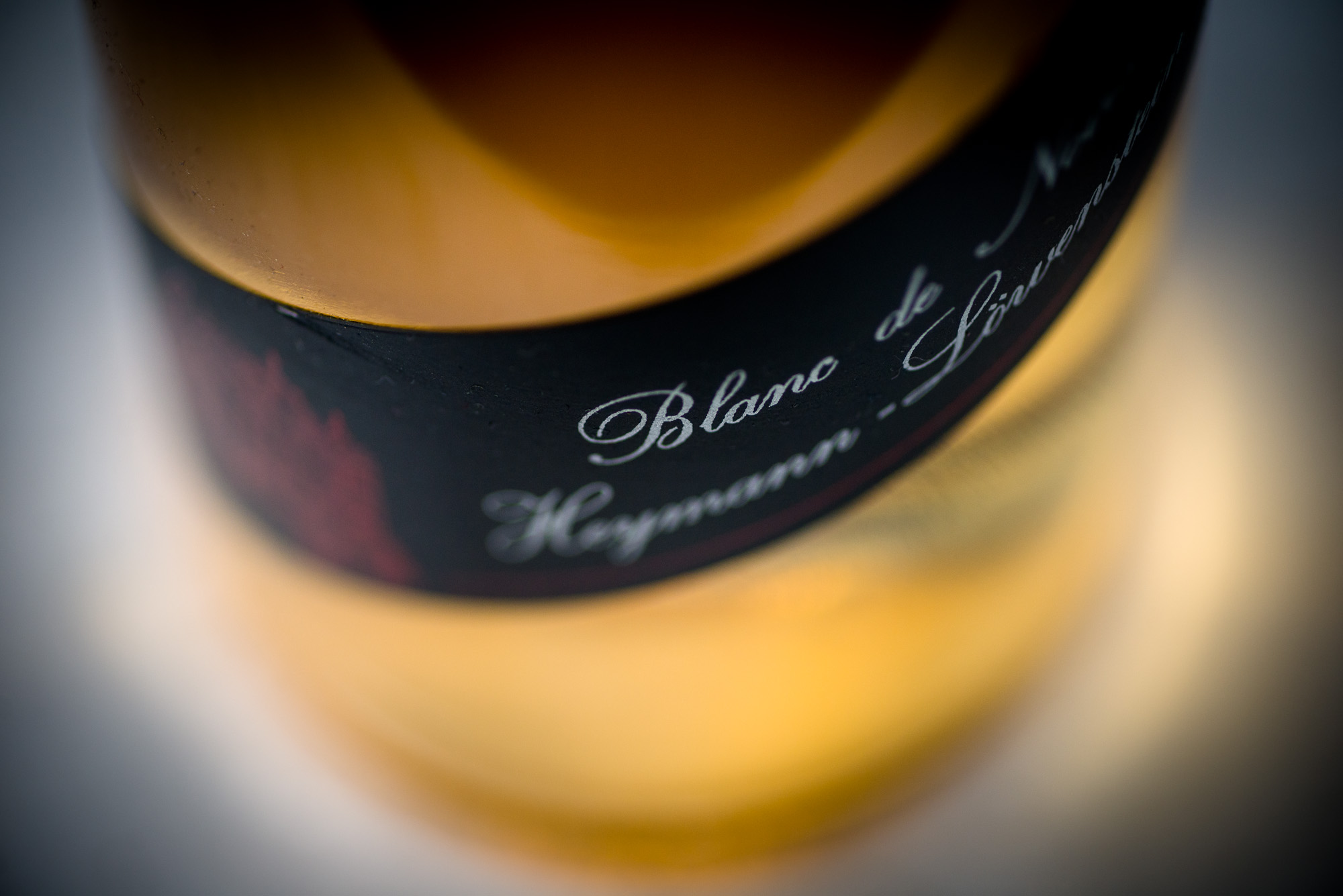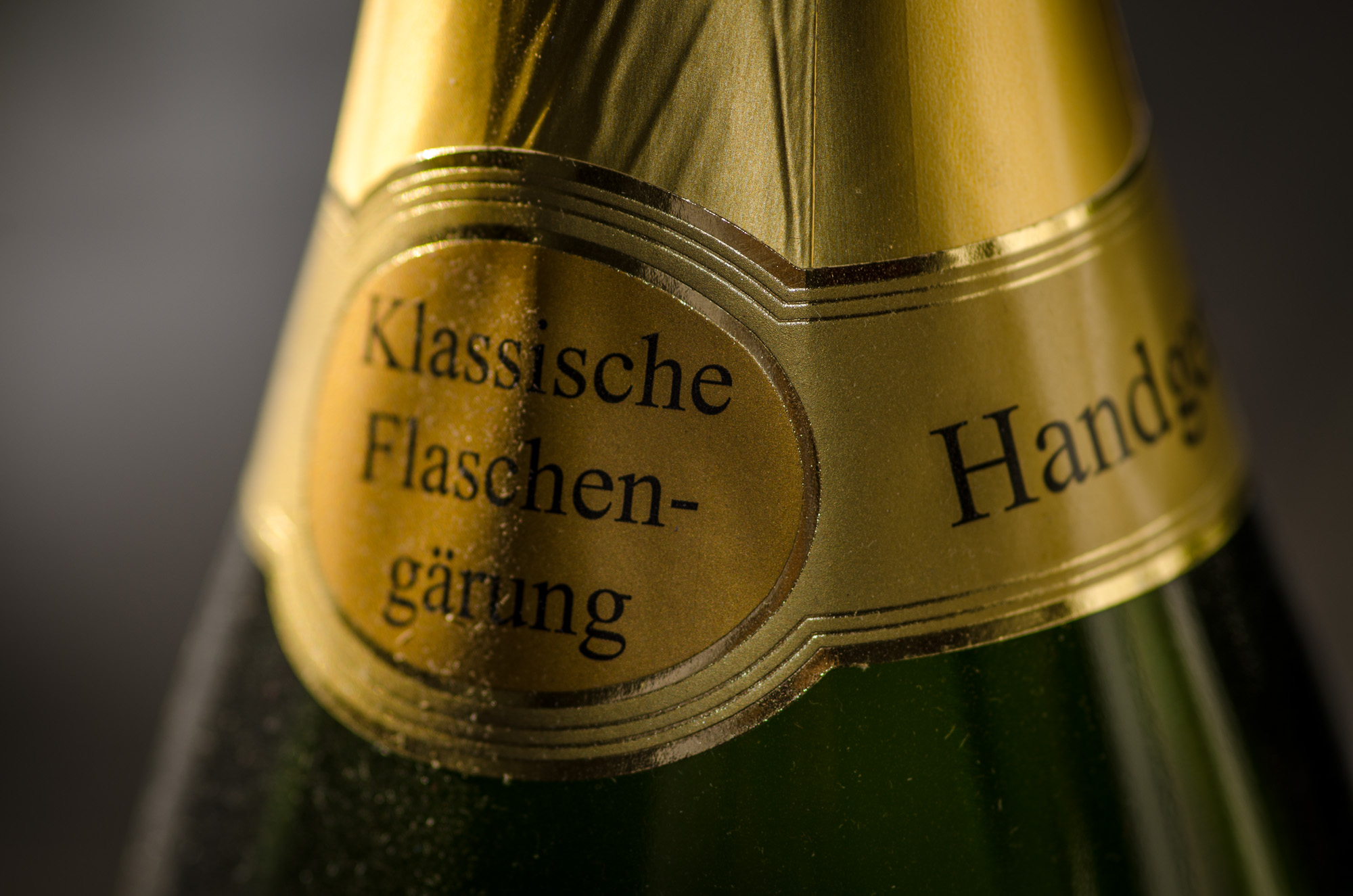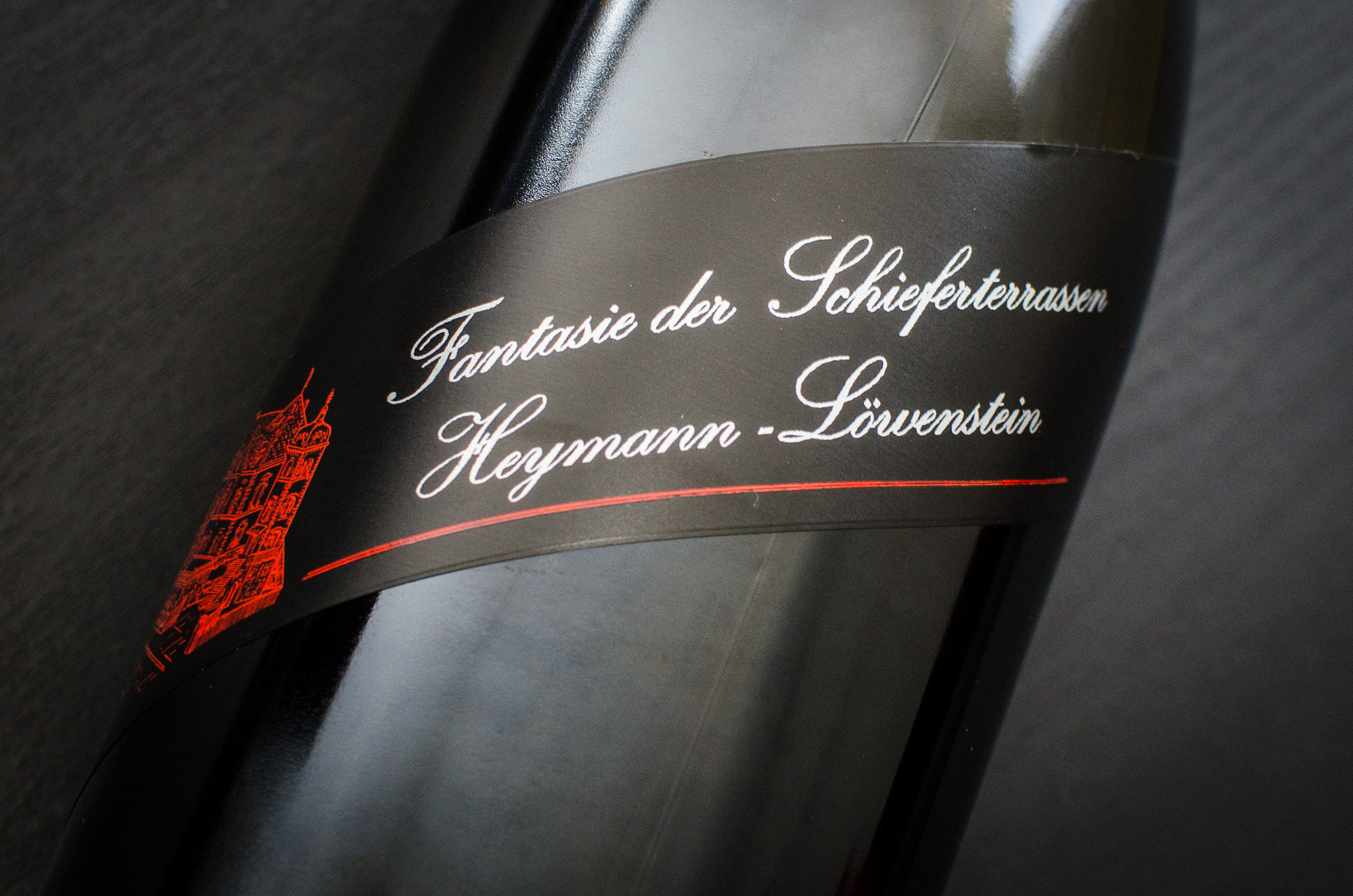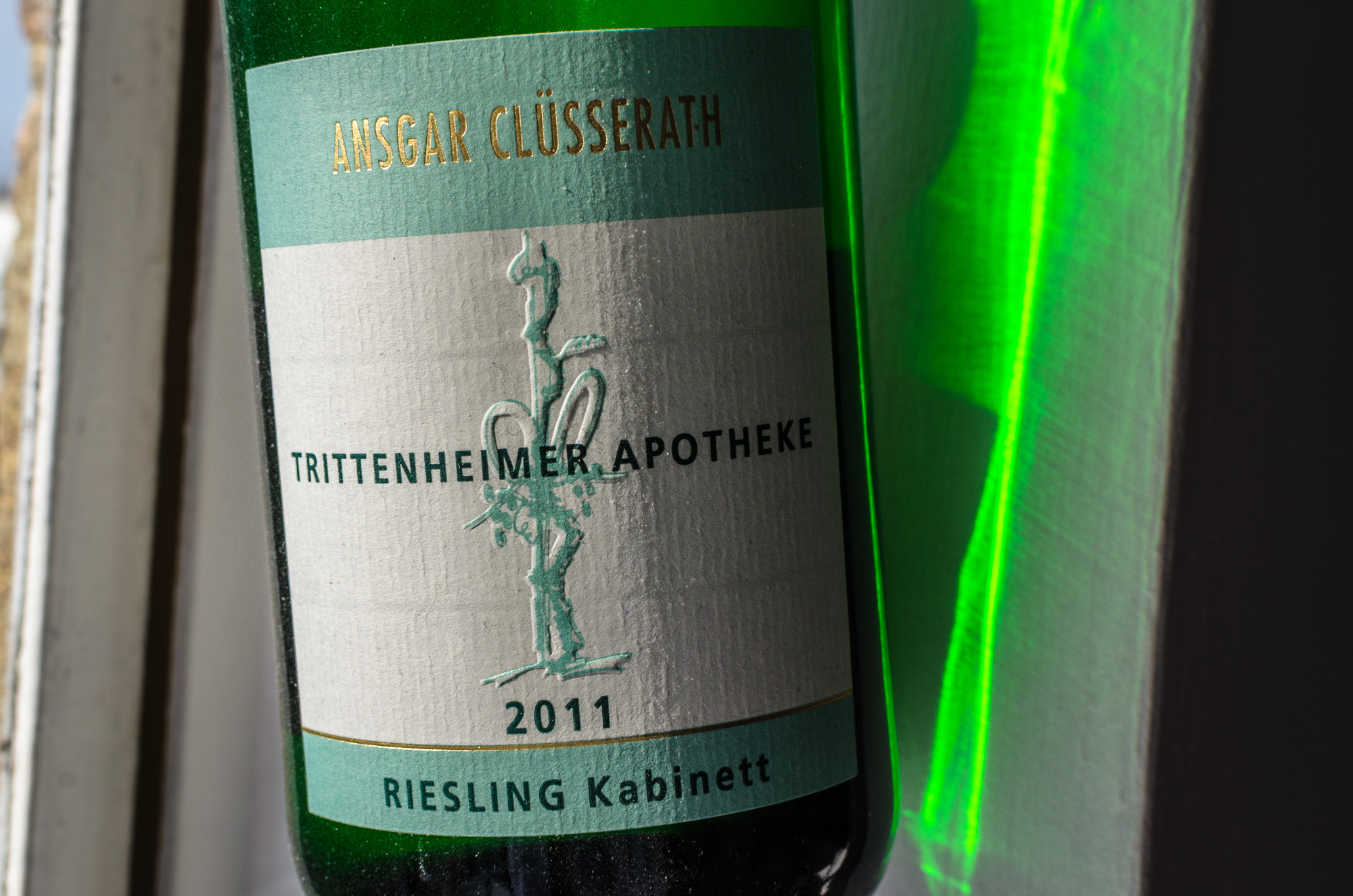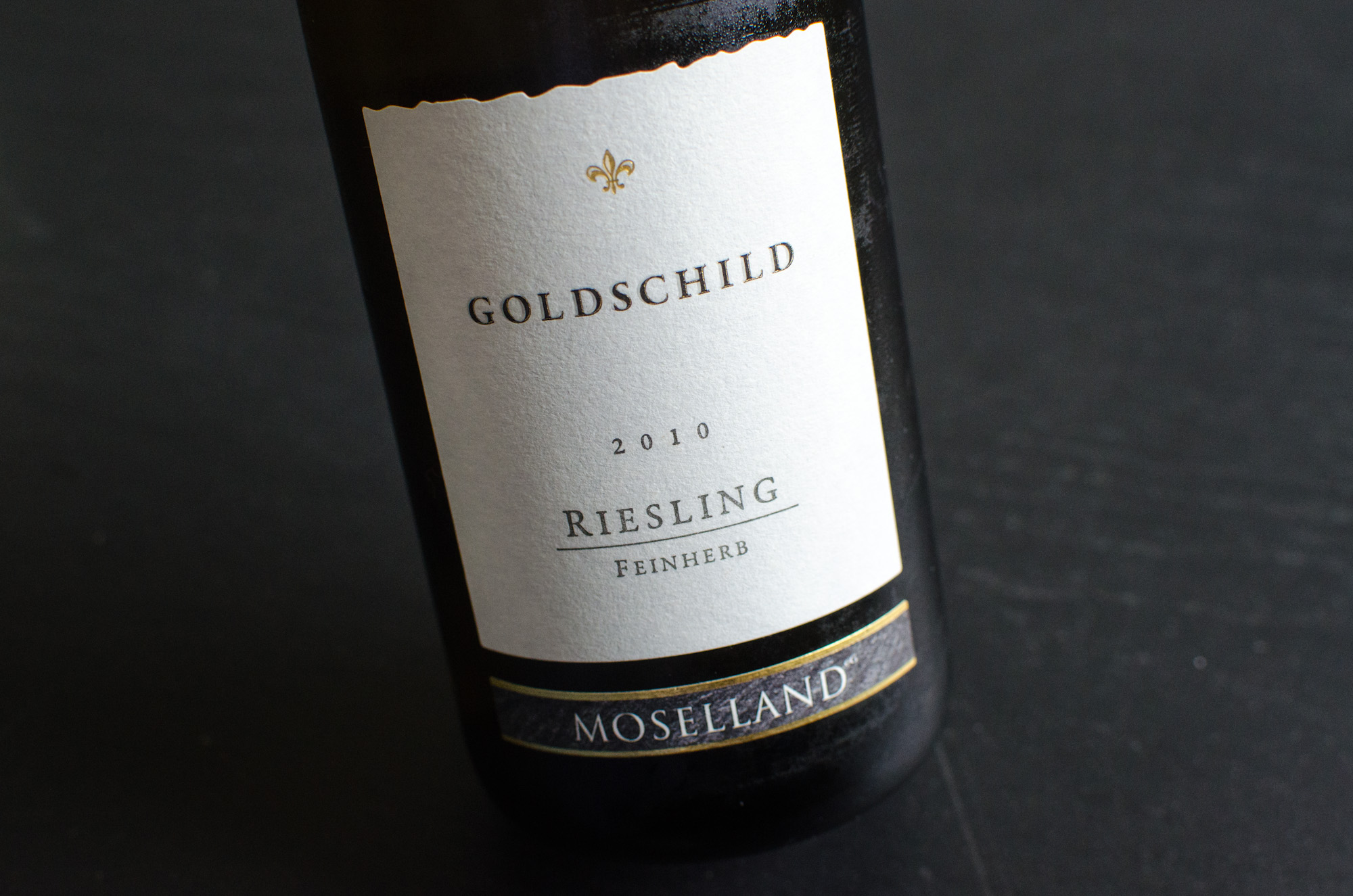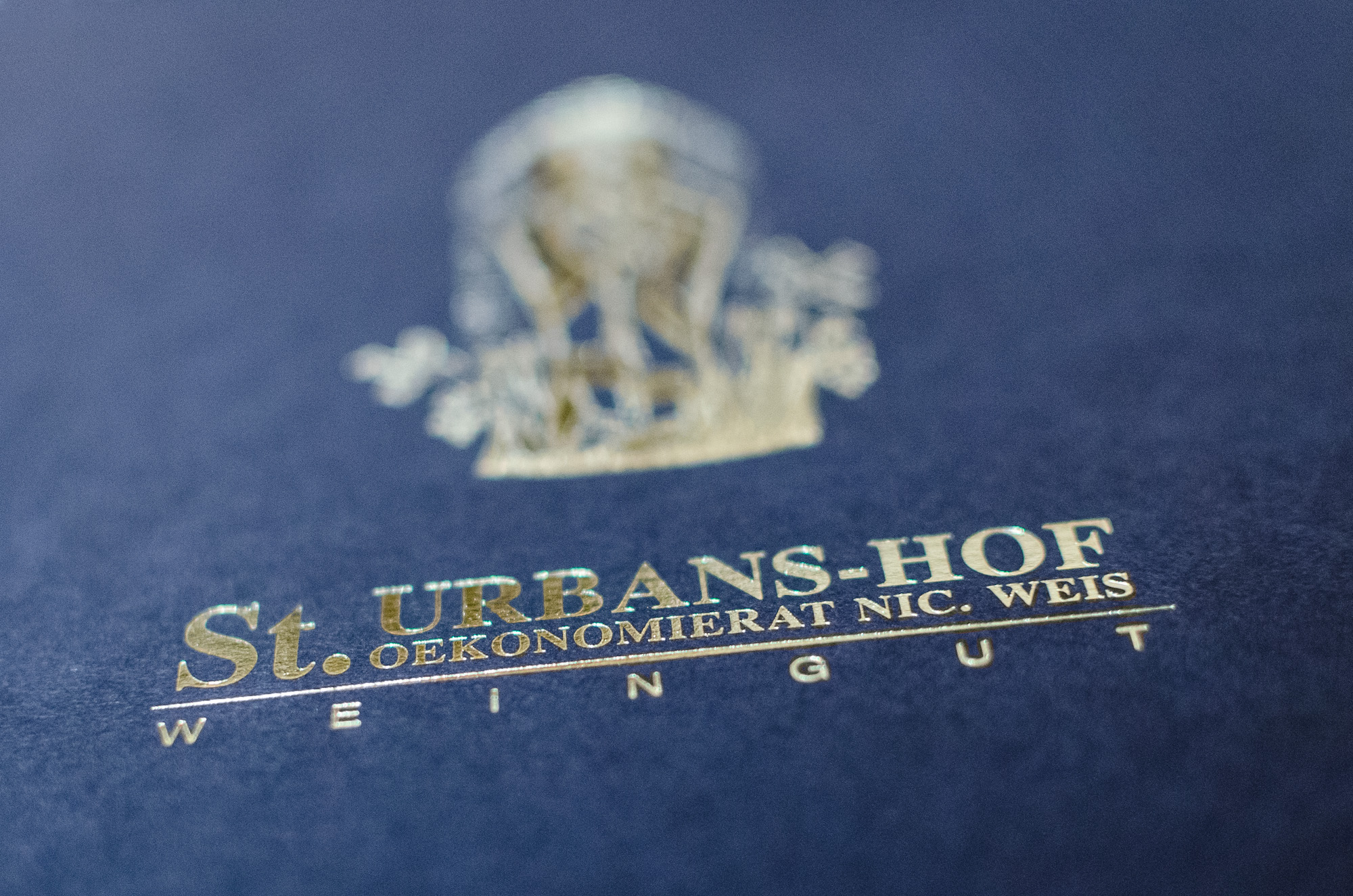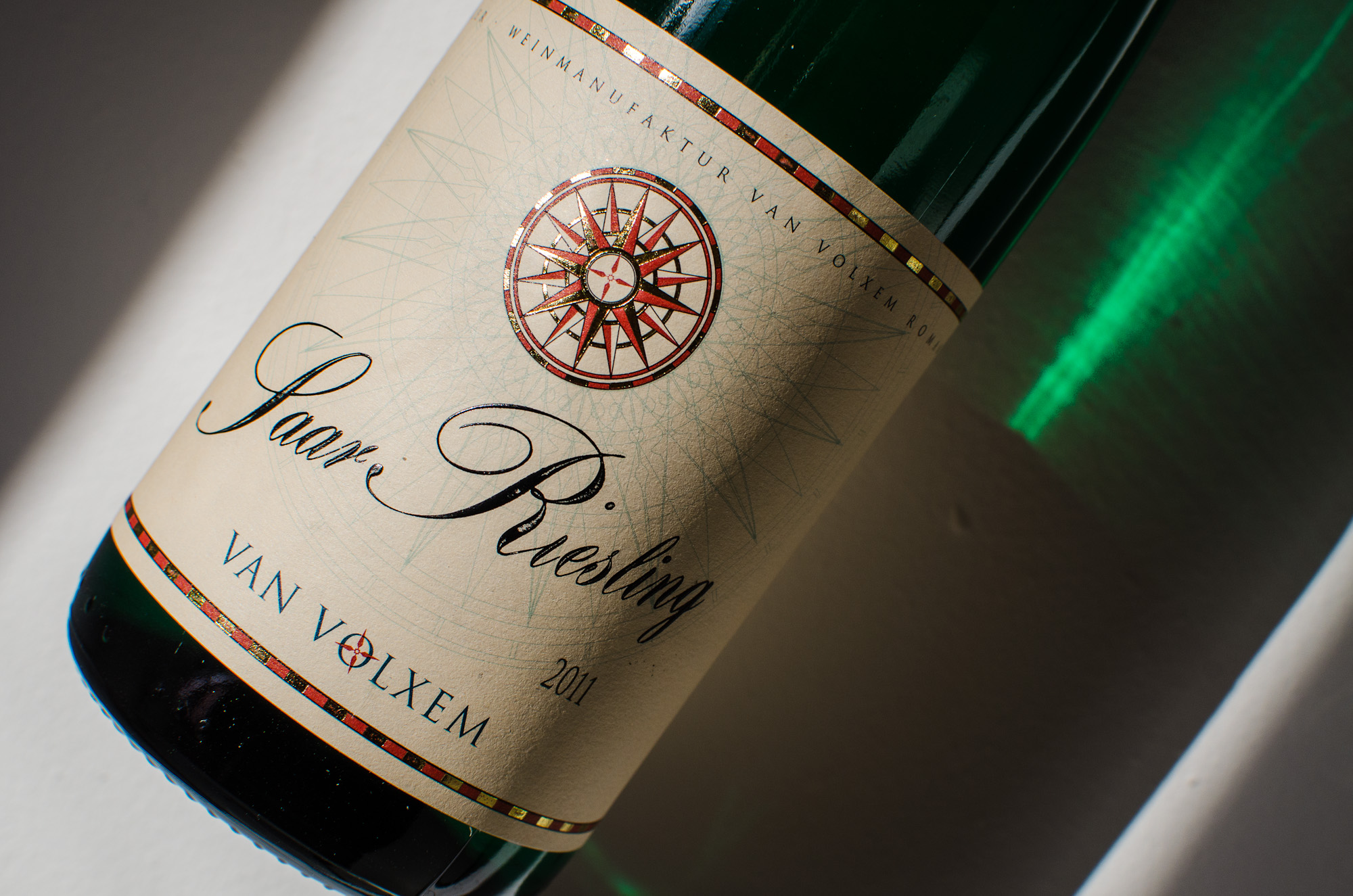Legends of Germany, Piesporter Michelsberg
You may have heard of Sisyphus. He is the bloke doomed to roll a giant bolder up a hill, only to watch it roll down and having to do it all over again. Forever. I am not there yet, but my quest to find good, affordable German wine in a British supermarket feels a little similar. Here is the next instalment from the series, and it takes us to upmarket supermarket chain Waitrose.
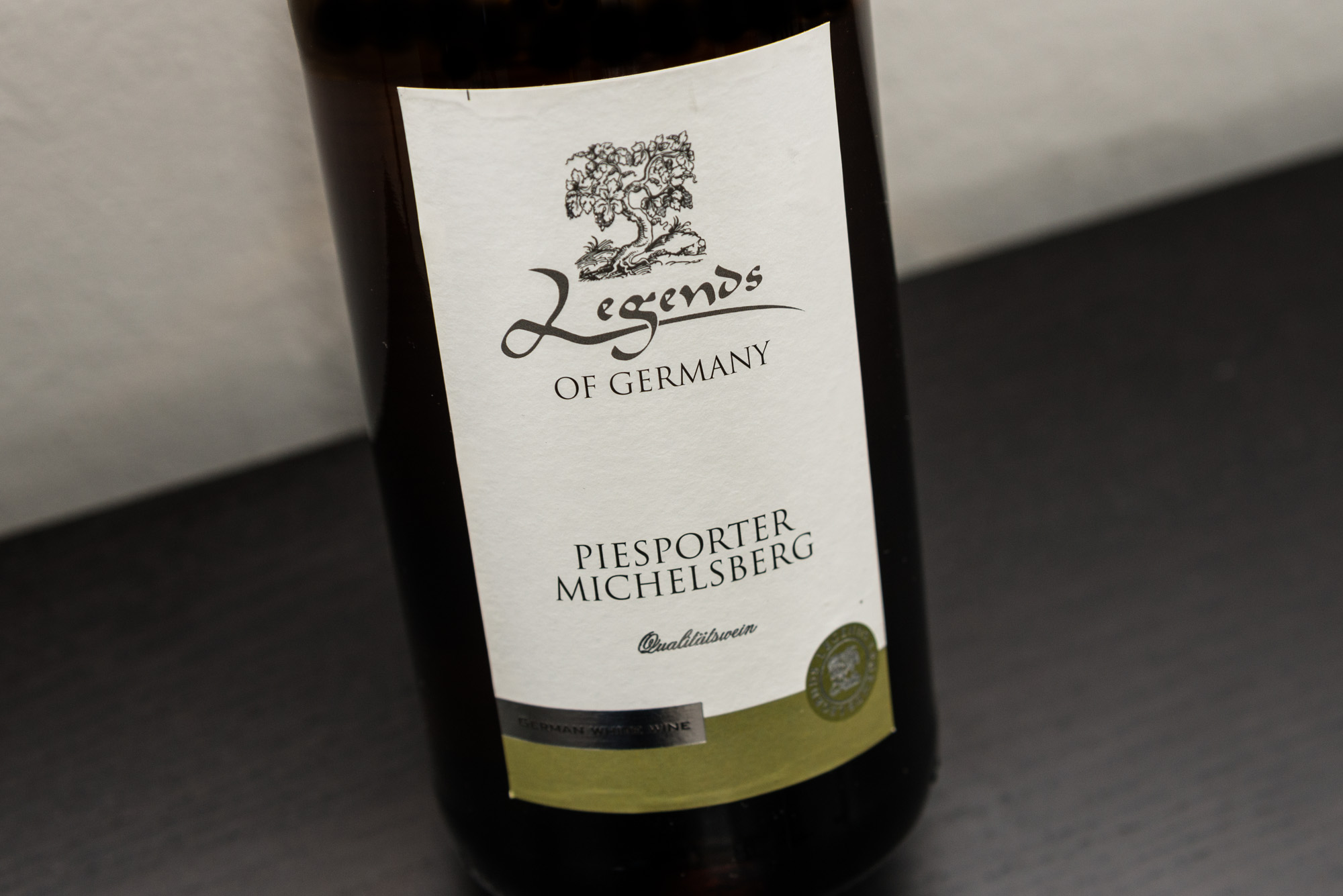
It also takes us to the Mosel region - Piesporter Michelsberg is the name for a fairly large sub-region of the Mosel. Theoretically it is named after the village of Piesport, where they have been making outstanding wine since the time of the Romans. In reality though "Michelsberg" on the label pretty much guarantees that the wine in your bottle has never seen Piesport and is in fact a cheap blend, mostly from Müller-Thurgau grapes. That Waitrose sell such a wine as "Legends of Germany" made me almost angry, so much so that I wrote them an open letter.

